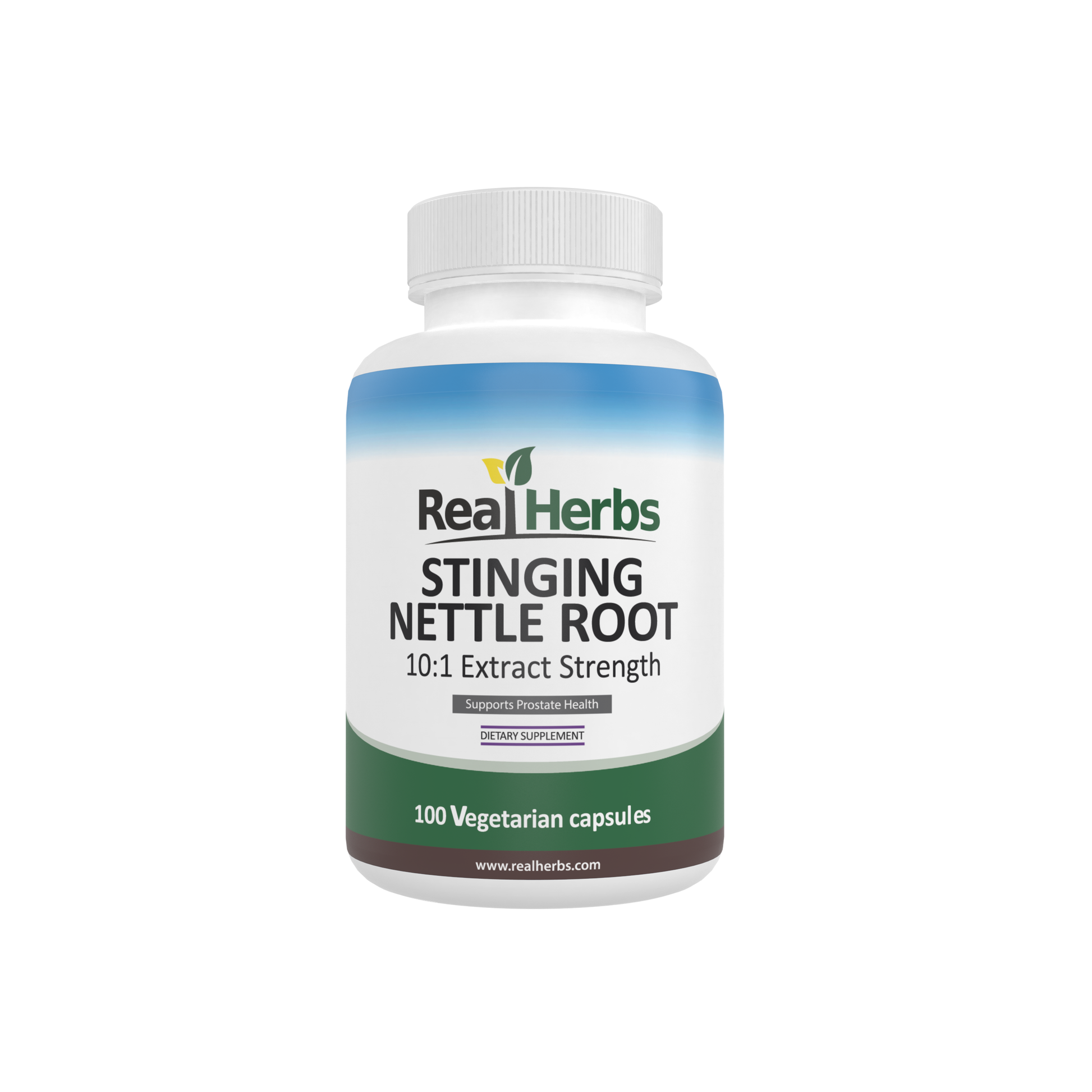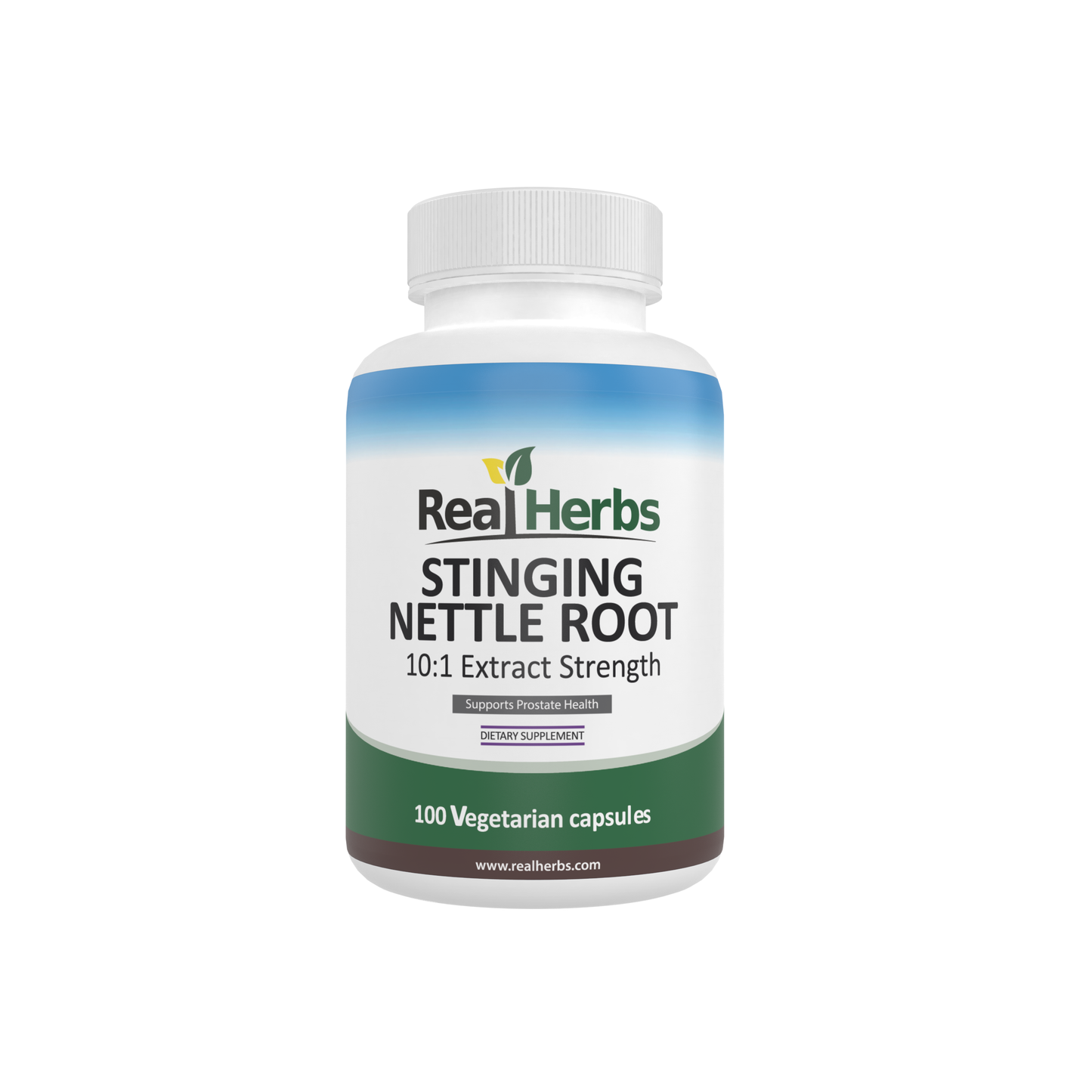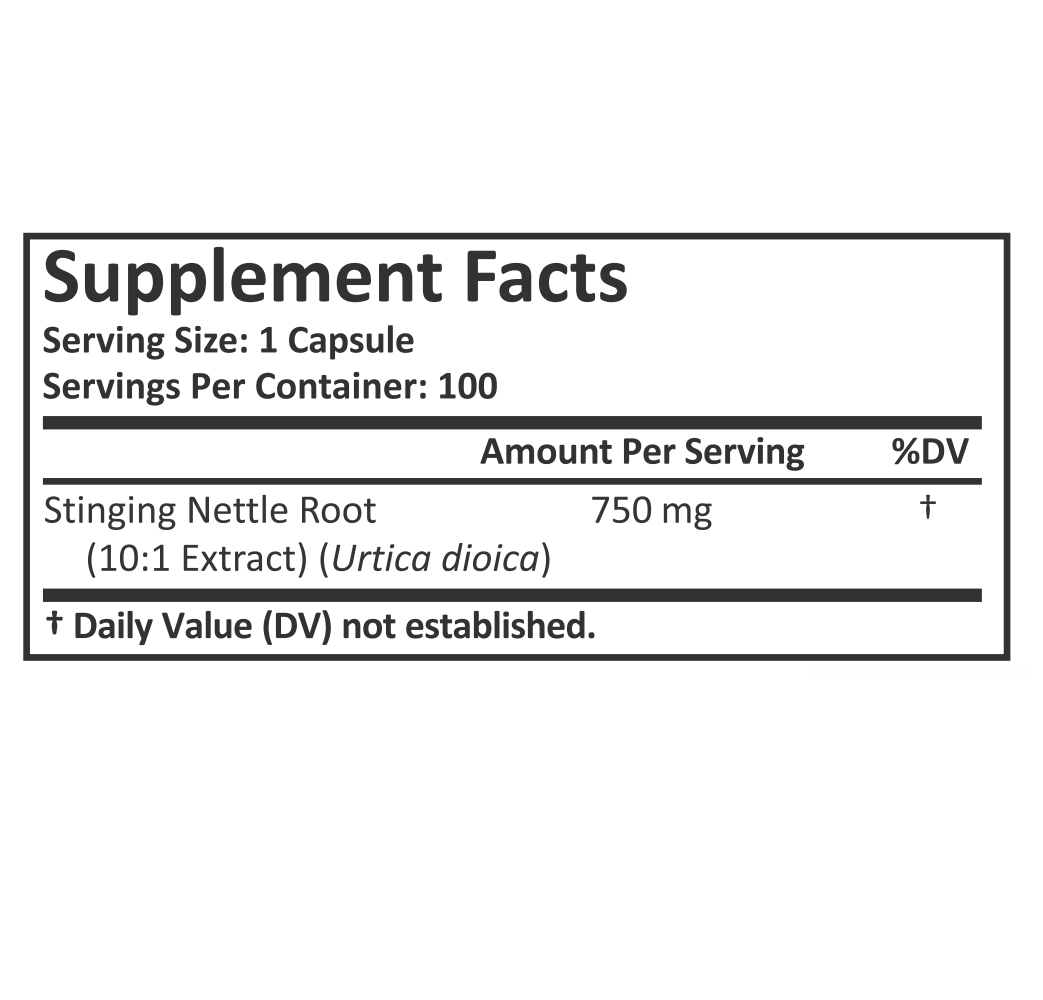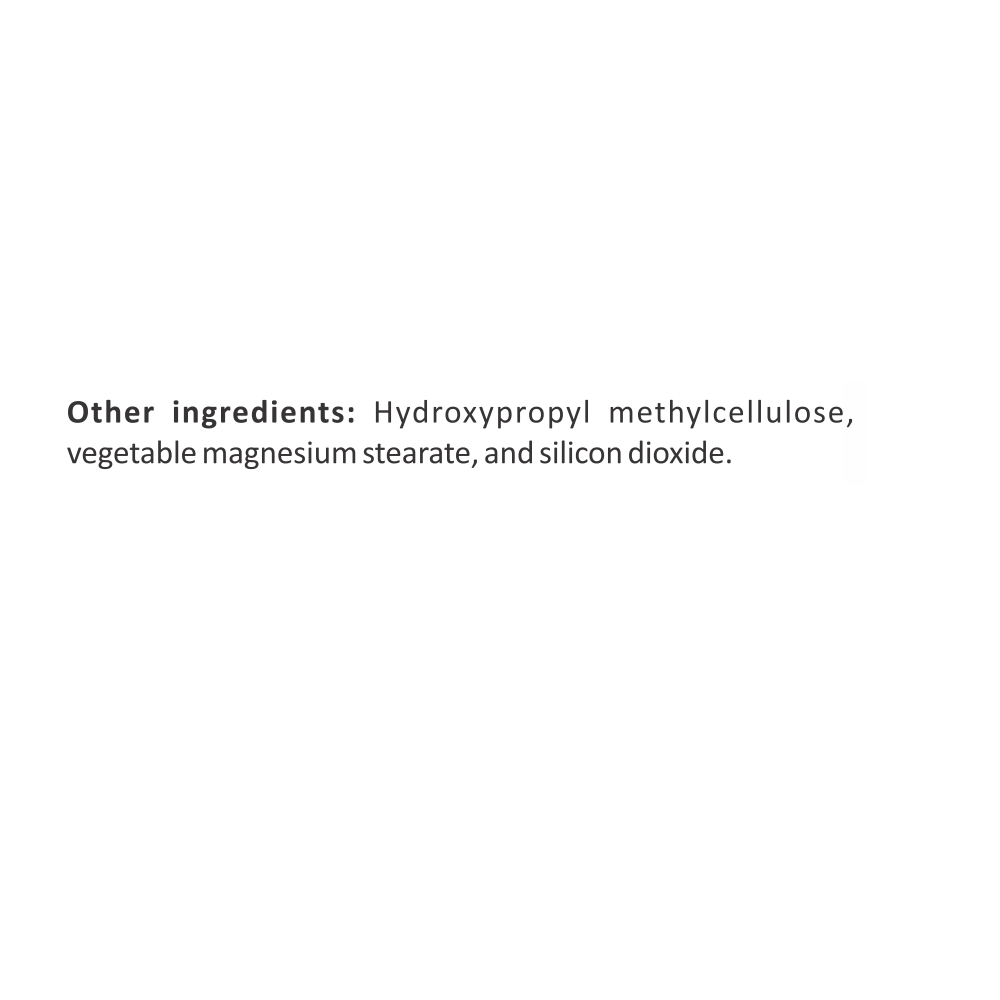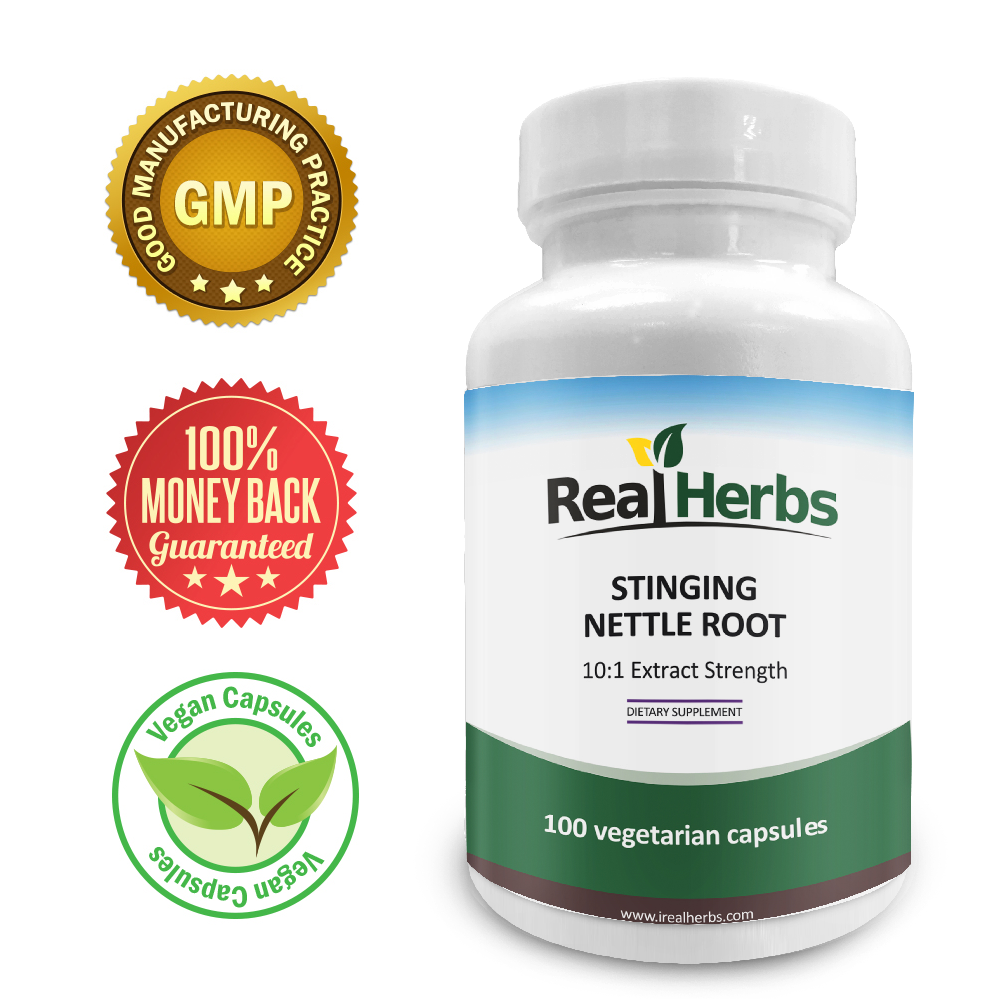Introduction
Stinging nettle root, derived from the Urtica dioica plant, has a rich history of use in traditional medicine across various cultures. While commonly known for its stinging properties when touched, this humble herb has also been recognized for its potential health benefits. In recent years, research has delved into its role in promoting digestive health, shedding light on its intriguing properties. In this article, we will explore the nutritional composition, historical significance, and scientific evidence surrounding stinging nettle root's impact on digestion.
Overview of Stinging Nettle Root
Stinging nettle, a perennial plant native to Europe, Asia, and North America, has been employed for centuries in herbal remedies. The root of the nettle plant, in particular, contains a myriad of compounds believed to contribute to its therapeutic effects. These include vitamins, minerals, and active constituents like flavonoids and phenols. It is this unique blend of bioactive compounds that forms the basis of stinging nettle root's potential role in digestive well-being.
Historical Perspective
The use of stinging nettle root in traditional medicine dates back centuries. Various cultures have harnessed its purported medicinal properties, often incorporating it into remedies aimed at addressing digestive discomfort. Historical records reveal its presence in herbal traditions, where it was believed to alleviate gastrointestinal issues and promote overall vitality. Understanding the historical context provides valuable insights into the enduring fascination with this botanical remedy.
Nutritional Composition
To comprehend stinging nettle root's influence on digestion, it's essential to grasp its nutritional profile. This unassuming root is a rich source of vitamins A and C, essential minerals like iron and magnesium, and a range of antioxidants. These nutrients play integral roles in supporting overall health, with potential implications for digestive function. As we delve deeper into the article, we will explore how these components may contribute to the herb's digestive benefits.
Mechanism of Action:
The mechanisms through which stinging nettle root exerts its effects on digestion are multifaceted. Researchers have identified several bioactive compounds in the root that may contribute to its impact on the digestive system. Among these, lectins and polysaccharides are thought to interact with digestive enzymes, potentially influencing their activity and aiding in the breakdown of food.
Moreover, stinging nettle root contains anti-inflammatory compounds, including flavonoids and polyphenols, which may help modulate the inflammatory response in the digestive tract. Chronic inflammation is associated with various digestive disorders, and the anti-inflammatory properties of stinging nettle root could play a role in mitigating these conditions.
Scientific Research and Studies
Recent scientific studies have explored the potential benefits of stinging nettle root for digestive health. A randomized controlled trial published in the Journal of Herbal Medicine investigated the effects of stinging nettle root extract on individuals with irritable bowel syndrome (IBS). The study suggested that the extract might contribute to symptom relief, including a reduction in abdominal pain and bloating.
Another study, published in the Journal of Ethnopharmacology, delved into the impact of stinging nettle root on digestive enzyme activity in animals. The findings indicated a positive influence on certain enzymes involved in the digestion of carbohydrates and proteins. While further research is needed to extrapolate these findings to human digestion, these studies provide promising insights into the potential digestive benefits of stinging nettle root.
Potential Benefits for Digestion
Building upon the existing research, stinging nettle root shows promise in addressing various digestive issues. Its potential benefits include:
-
Alleviating Bloating and Gas: The compounds in stinging nettle root may help reduce bloating and gas by supporting proper digestion and minimizing inflammation in the gastrointestinal tract.
-
Improving Irritable Bowel Syndrome (IBS) Symptoms: Preliminary studies suggest that stinging nettle root extract could be a valuable adjunct in managing IBS symptoms, offering relief to individuals dealing with abdominal discomfort and irregular bowel habits.
-
Supporting Overall Gut Health: The rich nutritional composition of stinging nettle root provides essential nutrients that contribute to overall gut health, potentially enhancing the balance of gut microbiota and supporting optimal digestion.
Conclusion
In conclusion, stinging nettle root holds promise as a natural remedy for improving digestion. Its historical use, coupled with emerging scientific research, suggests that it may offer relief for conditions such as bloating, gas, and irritable bowel syndrome. However, it's essential to approach its use with caution, considering potential side effects and interactions.

